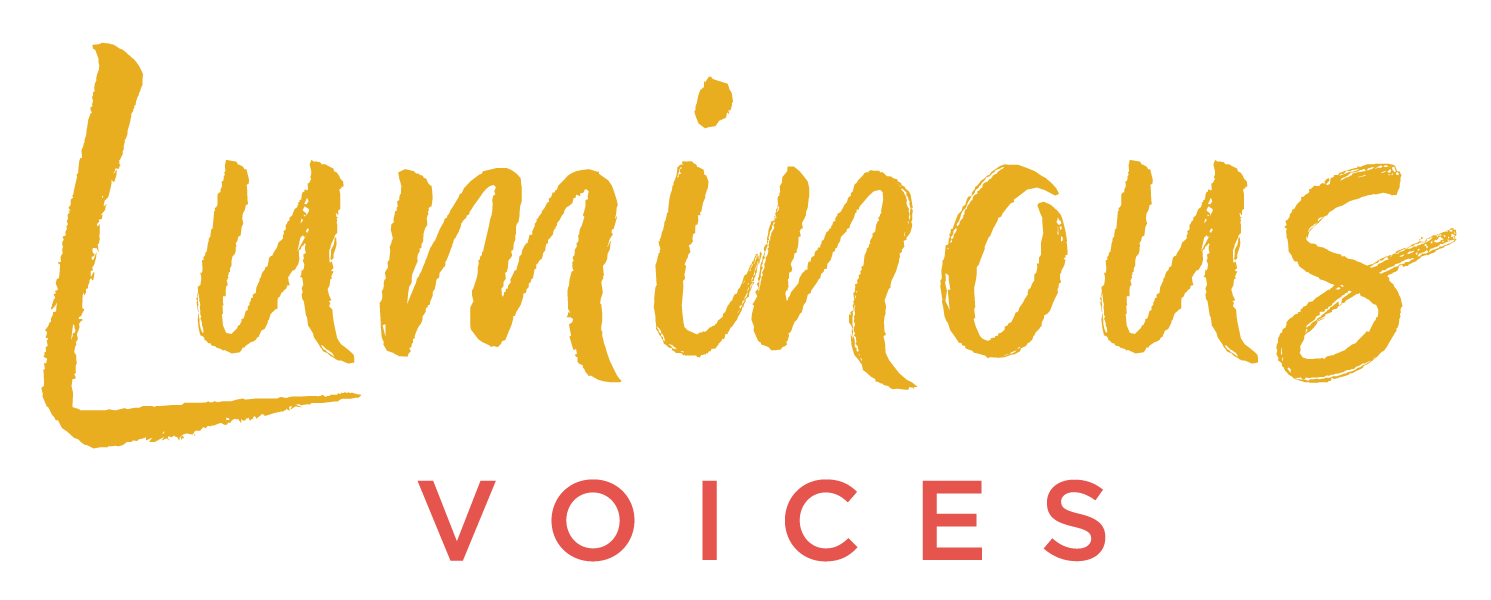Luminous Voices breathtaking in Bella Concert Hall performance
Kenneth Delong for The Calgary Herald
October 19, 2015
Luminous Voices, Calgary’s professional choir, opened its fourth season with a program devoted to the cheerful topic of death. The main work on the program, occupying the second half of the concert, was Mozart’s Requiem, with the first half devoted to contemporary settings of texts that, one way or the other, reflect on the significance and meaning of death.
Anyone interested in gauging the current health of the Calgary classical music scene could hardly find a better measuring stick than this impressive concert. The choral singing was, put simply, breathtakingly beautiful, enhanced by the sympathetic, warm acoustics of the new Bella Concert Hall — a perfect venue for such a concert.
As excellent as the choral singing was, it was supported by an equally superb cast of (mostly) local vocal soloists and a pickup orchestra that mixed CPO musicians and other instrumentalists active in the city. Altogether, this was a remarkable performance, marked by a high level of professionalism from all the performers and a sense of poise and polish.
The concert opened with Bach’s double choir motet Komm, Jesu Komm, one of Bach’s most beautiful choral works, but also one posing great choral demands in technical difficulty and tuning. It received a vivid, clearly etched performance, the ensemble lightly supported with continuo cello and organ to secure the musical foundation. With Luminous Voices, the intricate lines were clearly projected and Bach’s often complex harmony emerged clearly and accurately — no mean feat in music of this difficulty.
Difficulty of a different type was present in the triptych of Canadian works that followed. The first was Jean Coulthard’s Threnody, surely one of Canada’s most attractive choral compositions of the recent past, which was followed by Jeffrey Ryan’s Sempiternam and Come Lovely and Soothing Death by James Rolfe on words by Walt Whitman. All three works mixed simple chordal harmony with rich, complex tonal textures with concentrated dissonances that, miraculously, evolved into consonance.
This style of music, centrally part of the renaissance of choral singing and composition that is being enjoyed across the western world, has largely been absent from Calgary programs until now. Much of it is beyond that natural capability of most amateur choirs. It is, however, a style of music that advanced choristers enjoy singing and that makes a powerful impact in live performance. That this music is now part of the musical landscape of Calgary is something to celebrate, especially in performances as finely delivered as on this occasion.
The performance of the Mozart Requiem could hardly be bettered anywhere. As in the earlier pieces the choir sang with confidence, expressiveness, and complete conviction, complete with an unstoppable tenor section. The quartet of soloists was perfectly matched: Lauren Woods contributing a clear, high soprano sound that soared over the orchestra and choir; Sara Staples singing with remarkable warmth of tone and fine Mozartian feeling; Benjamin Butterfield completely in his element in music that suits his voice and singing in every way; and Paul Grindley firm-toned and secure as the anchor to the vocal quartets and in his own solos.
The orchestra also played musically and very well, including a splendid trombone solo by James Scott.
But in many ways the program owed its success to the continuing impressive work by Timothy Shantz, who conducted the performance and guided it in every way. He deserves many thanks for putting Calgary on the map in the excellence of its current choral contribution to the life of the city.
© Calgary Herald 2015
